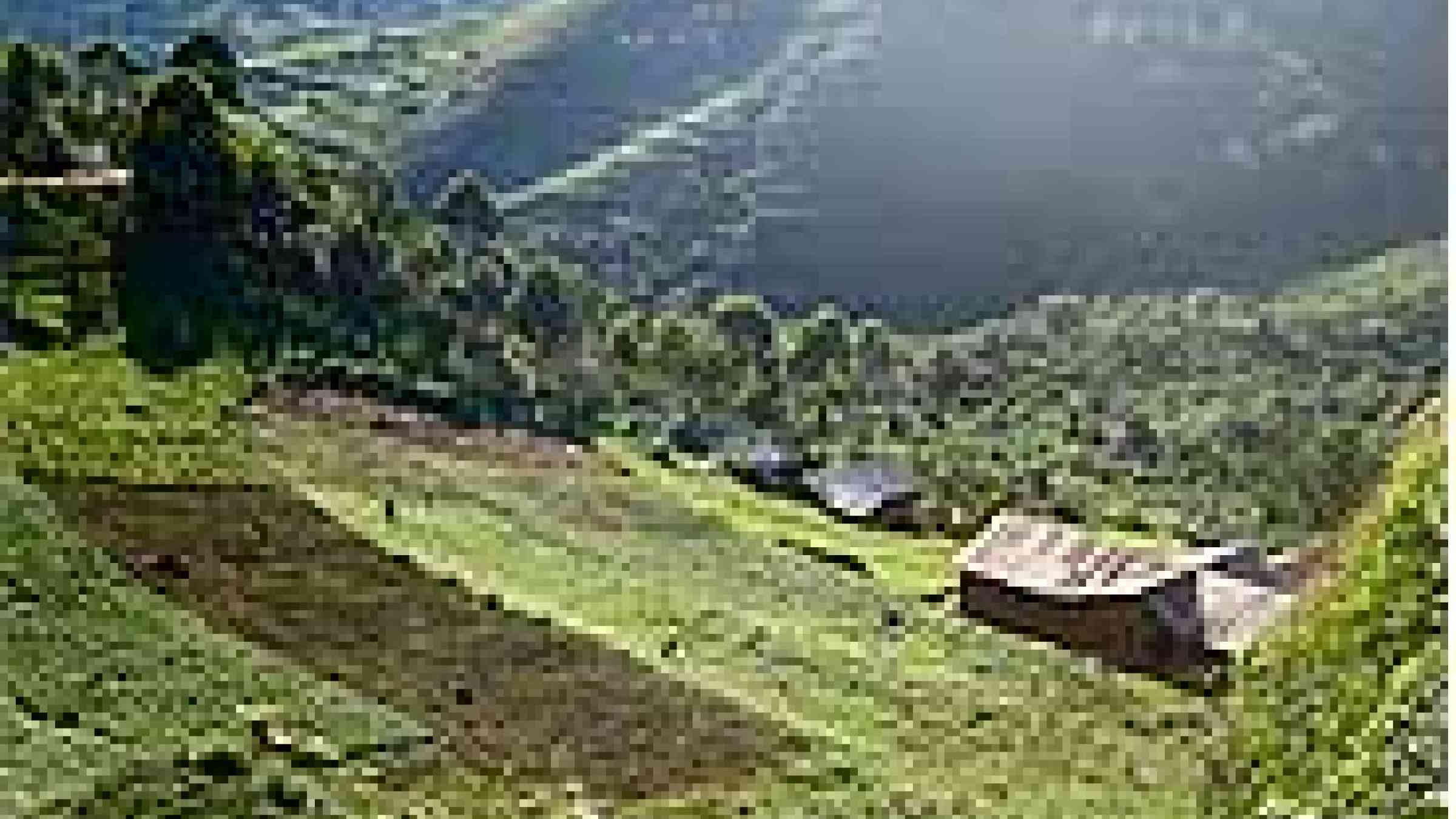
Kampala - Thousands of people in eastern Uganda’s Bududa district are still at risk of deadly mudslides because money for their promised relocation has not been raised, officials said.
After blocks of rocky mud tumbled down the slopes near Mt Elgon in March 2010, killing some 300 people, government officials urged the survivors to move.
“Many areas are cracked,” said Musa Ecweru, State Minister for Disaster Preparedness, referring to the precarious terrain. “If we don’t do something, with this climate now, where rains can be very erratic and heavy, we could have a situation where we continue mourning, year in, year out, because we have lost our people.”
But, having been persuaded that they must move, most people in the district do not know when, or if, the government will be able to resettle them on safer terrain.
“The money is not there to facilitate relocation,” said Geoffrey Natubu, vice-chairman of Bududa’s district government.
Natubu explained that immediately after the mudslide people resisted calls for relocation because of historic and traditional ties to the Mt Elgon region.
But, thanks largely to government’s effective lobbying, many are now anxious to move.
"The state of mind here is not very positive," said Natubu. "You can't be very comfortable if you can't be sure of the next morning."
He estimated that of the district's 180,000 residents, some 50,000 are living in a high-risk area. Relocating them as soon as possible is, he said, "the only way forward".
According to the Uganda Red Cross, 8,177 people whose homes were destroyed and those living close to the epicentre of the disaster moved into a temporary camp in the days following the slide.
The initial plan was to relocate the entire camp population by August but fewer than 2,500 had moved by 18 November.
“The delay was in mobilization of resources from the Office of the Prime Minister [OPM],” said David Okumu, the Red Cross point person for Bududa.
“They had planned for billions of shillings [millions of dollars], which they could not get at [one] go.”
Relocation
The OPM, which oversees Ecweru’s ministry, secured a large plot of land north of Kampala in Kiryandongo district, hundreds of kilometres away from Bududa.
The large ranch, previously occupied by Southern Sudanese refugees, is both fertile and safe, Okumu and Ecweru said.
Families that relocate to Kiryandongo are given a one hectare plot and a government certified land title, a rarity in Uganda.
Ecweru trumpeted the success of the initial resettlement, describing it as “successful”, but Okumu, who visited the site on 17 November said: “People are still staying in family tents. It is actually one tent for two families. The government had promised to build a house for each household, but that has not yet materialized.”
Okumu added that during his visit, he saw no evidence of cultivation, although families had begun digging pit latrines.
For the roughly 5,500 displaced persons who did not move to Kiryandongo, staying in the camp is not an option as it is slated to close in the coming days.
The government decided to close the camp because hosting thousands of people in an area the size of a football pitch had created “deplorable conditions” and heightened the risk of an outbreak of communicable diseases, according to Ecweru.
Some have already left to move in with relatives while others have returned to what Okumu termed the “the danger area”.
But there is general consensus that “danger area” applies not just to the areas immediately surrounding the site of the slide.
Ecweru, describing the region’s terrain, quipped that he gets nervous touring much of the Mt Elgon region.
The soil in the area has been severely loosened by decades of deforestation and intensive agricultural production.
The problem is particularly acute because of Uganda’s high population growth rate - 3.3 percent per year, according to the World Bank.
“They are cultivating on the same soil and their population is increasing for the same size of land. That means they have to cultivate even more without leaving it to rest,” Okumu said.
At risk
Ecweru speculated on 8 March, a week after the slides, that more than 300,000 people in the region should be considered at risk.
But, as Natubu pointed out, for most people who now see themselves as vulnerable, a quick government-facilitated resettlement is unlikely.
The second resettlement operation “might start after the election”, Ecweru said, but, at present, he is only referring to the roughly 5,500 displaced persons who have not yet moved.
He insisted that after convincing people their lives are at risk, government has an obligation to relocate them.
Resettlement “is not a privilege”, he said, but a right. “We are not doing them a favour,” he said. “As a government it is our obligation to make sure that our citizens are safe.”
bs/am/mw